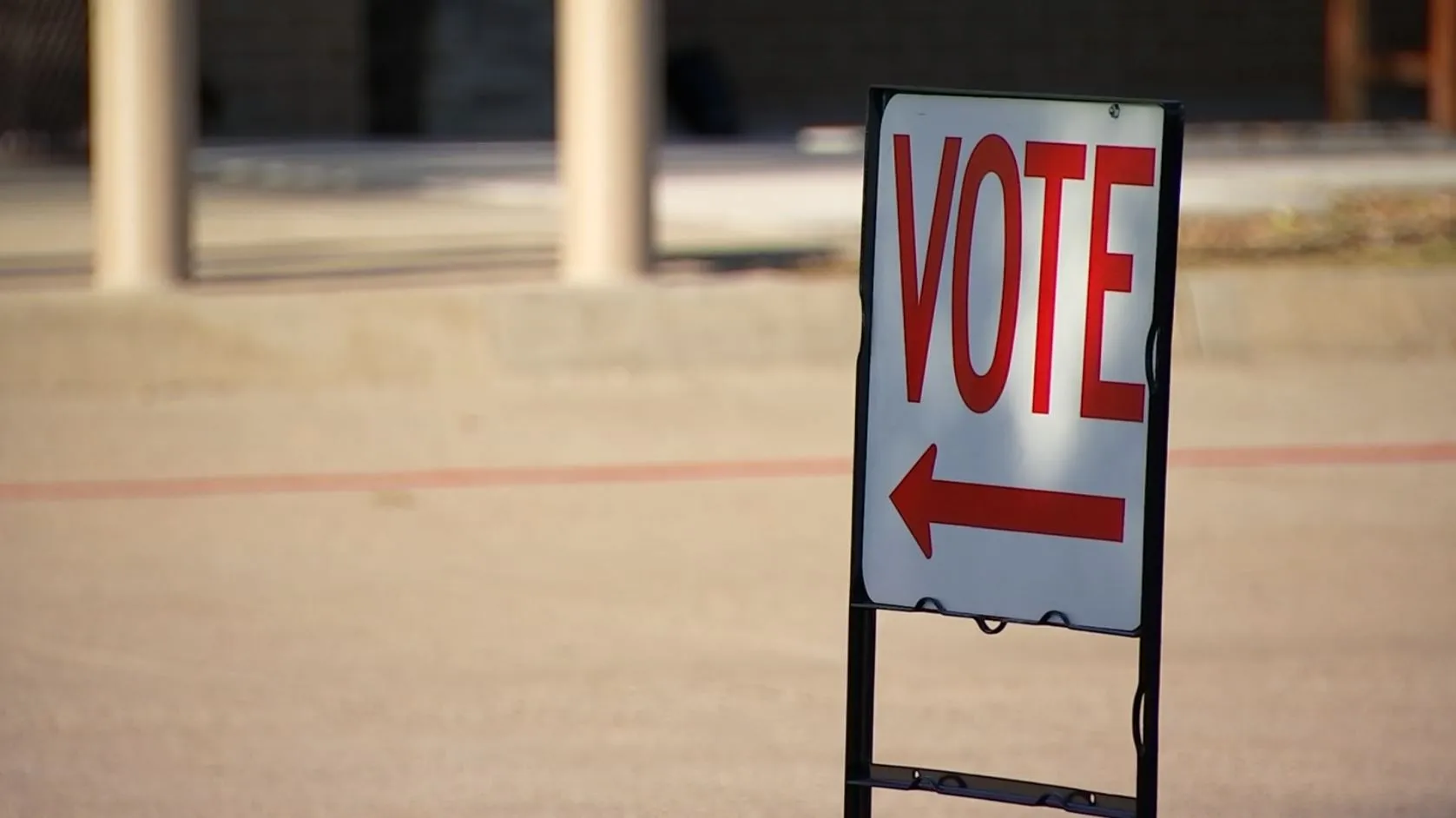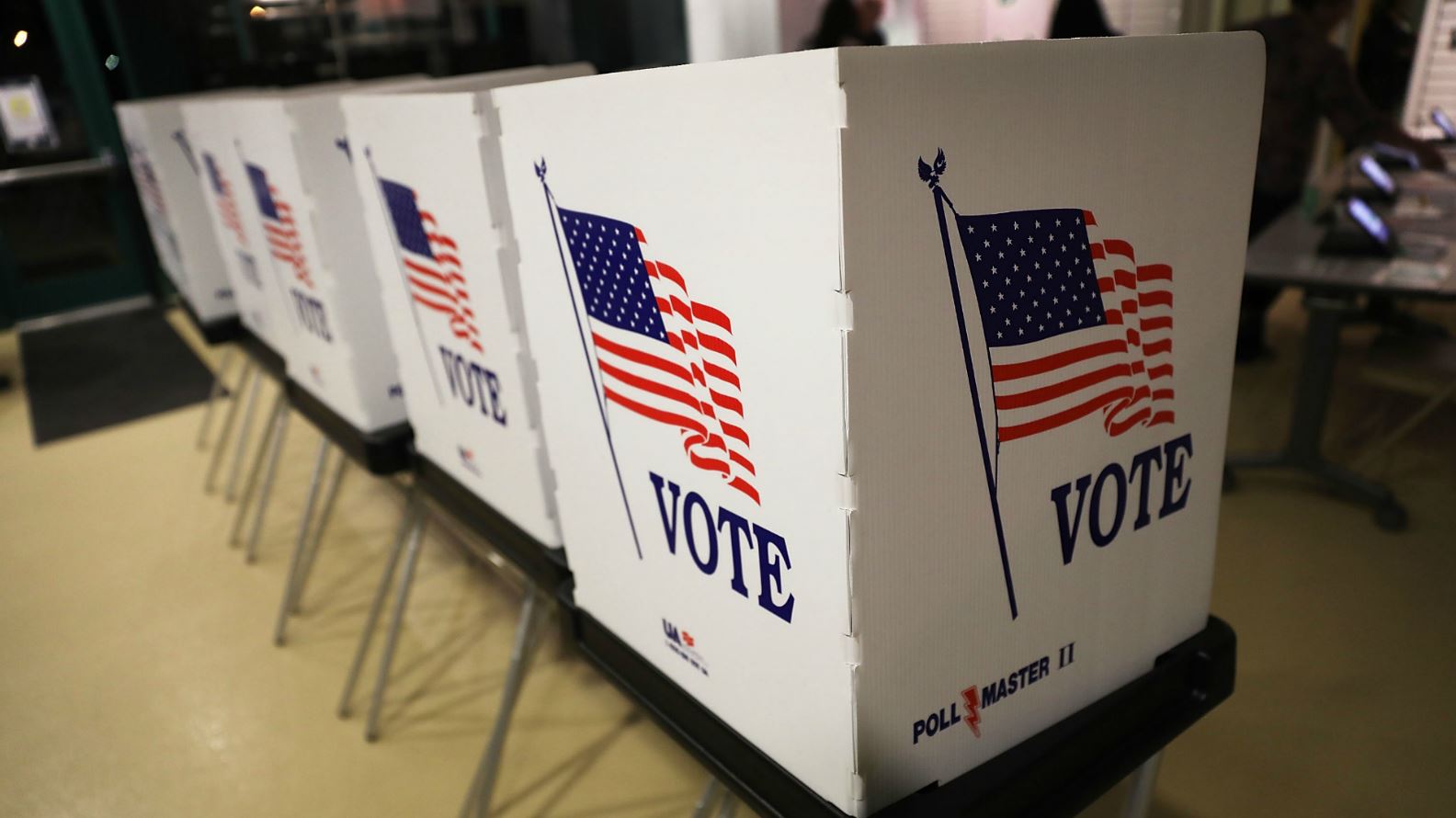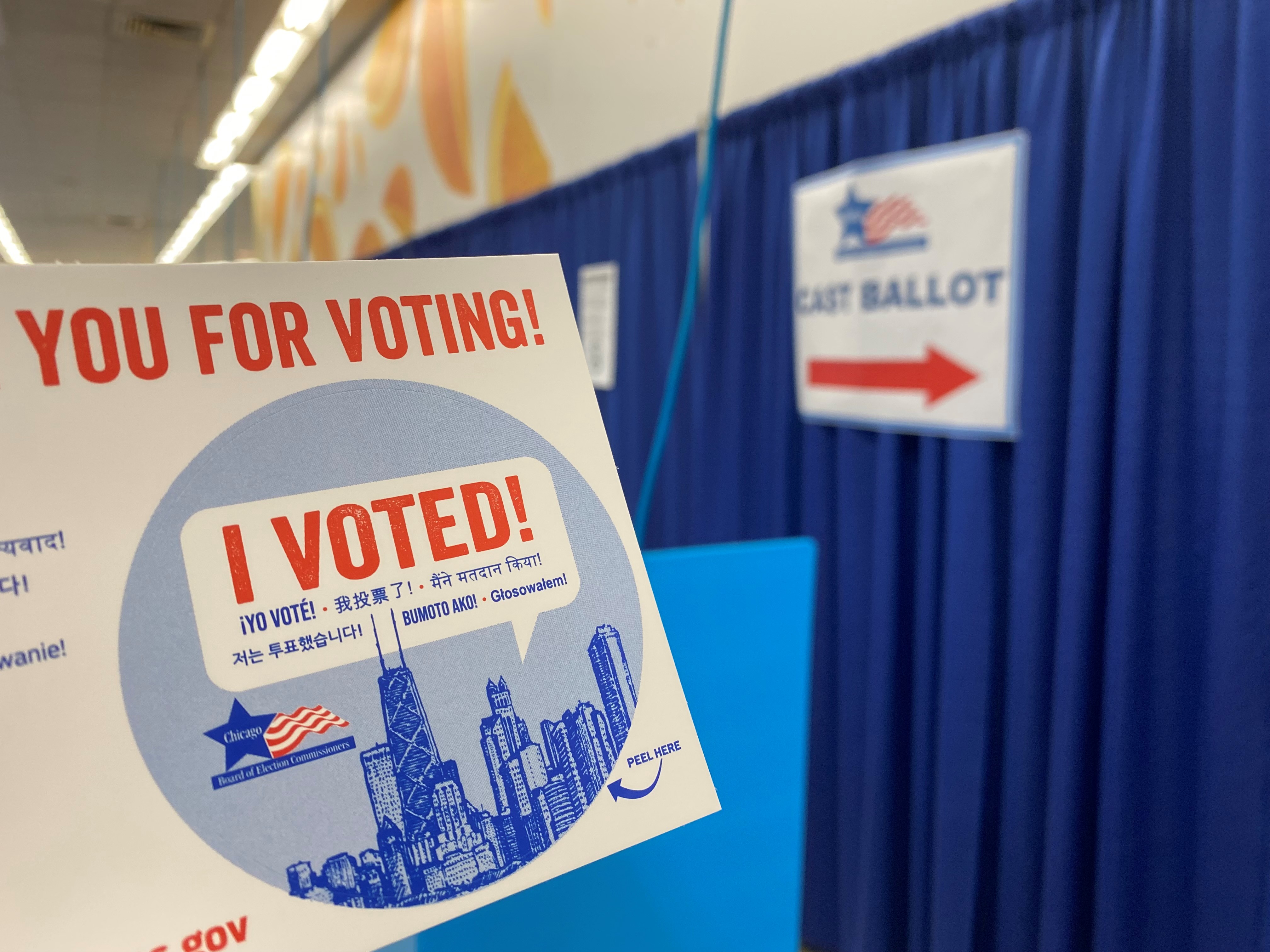Although Election Day for the 2022 midterms has come and gone, votes across many races are still being counted, including one prominent Illinois ballot initiative.
Amendment 1, also known as the Workers’ Rights Amendment, a measure that would add protections to the state constitution for workers seeking to unionize — and also would prohibit state lawmakers from passing "right-to-work" laws — currently trending toward passing.
But final determination may not come for some time.
There are two different ways that the amendment can ultimately pass: The first would be if it receives 60% support from those casting votes directly on the measure. The second would be if it receives “yes” votes on more than 50% of ballots cast throughout the state during the election.
As of Thursday at 6:45 a.m., the first path is still very much up in the air. With 88% of precincts reporting, the yes vote stands at 1,964,076. That represents 58% of ballots cast on the measure, which would leave it short of the 60% required for passage.
However, if the amendment receives "yes" votes on more than 50% of total ballots cast in the election, then that would allow it to become law in Illinois.
The Associated Press has not yet projected a final decision on the amendment. However, Illinois labor unions have released statements celebrating its passage, with the SEIU Healthcare Illinois union calling it a “testament to the collective power of working people.”
“Voters across the state reaffirmed that Illinois is a state by and for working people, and they chose to protect working families over corporate interests,” the group said. “By enshrining workers’ rights into our state’s constitution, future generations of Illinois workers will continue to have a voice on the job to fight for livable wages, workplace safety, paid leave and more.”
The amendment would not only codify the right of workers to unionize into the state’s constitution, but would also prohibit the state legislature from passing “right-to-work” laws in the future, making Illinois an anomaly among surrounding states.
Feeling out of the loop? We'll catch you up on the Chicago news you need to know. Sign up for the weekly Chicago Catch-Up newsletter.
Read more: What changes if the Illinois Workers' Rights Amendment Passes?
The Illinois Policy Institute, a conservative thinktank that has criticized the bill and argued that it could potentially pave the way for increased property taxes, called arguments supporting the measure “disingenuous.”
“They tried to sneak a hidden tax hike by voters,” the group said. “The fact that the vote (was too close to call) speaks to Illinoisans’ distrust in enshrining costly new provisions into the constitution that could handcuff them for years to come.”
According to NBC affiliate KSDK in St. Louis, the IPI’s argument that the amendment would raise property taxes by $2,100 over the next four years is based on a steady increase in property taxes that has been ongoing since 2010, and therefore isn’t directly tied to the bill.
Still, opponents of the amendment argued that increased bargaining power in the hands of public-sector employees could still require tax increases to help pay for higher wages and more benefits.
If the amendment ultimately passes, then it would go into effect almost immediately, and its language would be inserted into the state’s constitution.




